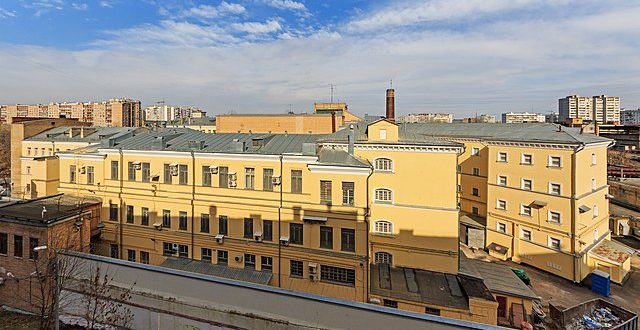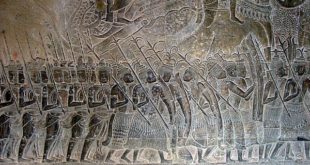The Azov Battalion chain of command remains intact, sources tell Soldier of Fortune
Commanders of Ukraine’s Azov battalion, who held out for weeks against Russian forces in Mariupol, have been sent to Moscow’s notorious Lefortovo detention center, according to Moscow’s state-sponsored TASS news agency.
“Currently, several Azov commanders, who were taken prisoner during the battles for Mariupol, have been taken to Lefortovo,” a Russian law enforcement source told TASS on Sunday.
The source did not identify the commanders who were sent to Lefortovo. The TASS agency did, however, mention two captive Azov commanders by name – and reported that they are inside Russia.
“Svyatoslav Palamar (call sign Kalina), a deputy commander of the Azov battalion, and Sergei Volynsky (call sign Volyna), the commander of the 36th Marine Brigade of the Ukrainian armed forces, who surrendered in Mariupol, were transferred to Russia for investigative purposes,” according to TASS.
The chain of command inside the Azov battalion has been preserved, according to sources inside Ukraine.
“They have a strong organizational structure, and that remains intact,” a source told Soldier of Fortune early Monday morning.
More than 1,000 Ukrainian troops, who surrendered in Mariupol, have been sent to Russia for “investigative activities,” according to the Kremlin. “A source in law enforcement agencies told TASS that more than 100 troops taken prisoner in Mariupol’s Azovstal works, including foreign mercenaries, might be kept in Moscow.”
Lefortovo prison was built in 1881, and was named for Franz Lefort, who once commanded the Russian navy, and was a confidante of Tsar Peter the Great. The prison later was known for being a KGB interrogation and torture site.
 Soldier of Fortune Magazine The Journal of Professional Adventurers
Soldier of Fortune Magazine The Journal of Professional Adventurers






